#2- BOOK- Predictably irrational, The hidden forces that shape out decisions - DAN ARIELY- PHI LÝ TRÍ
Hi everybody! I came back with a very interesting book. Dan Ariely's logic is a particularly inspirational and inspirational book. It forces the reader to think more thoroughly about all his actions, his mistakes to live more reasonably and better. Therefore, it is not surprising that the book is still on the list of Best-seller. The book was introduced from a brother of mine. He introduced it after emphasizing to me the importance of reading. The book is really worth reading and reading several times. The book always amazes you with the interesting things it brings about what you have experienced and wondered. The following is the summary text of this book
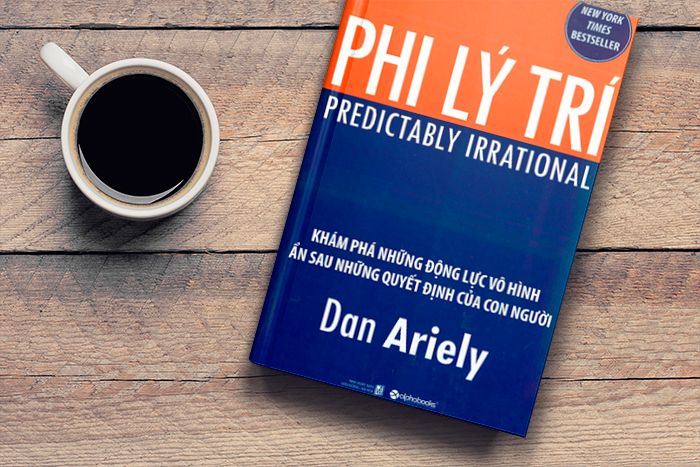
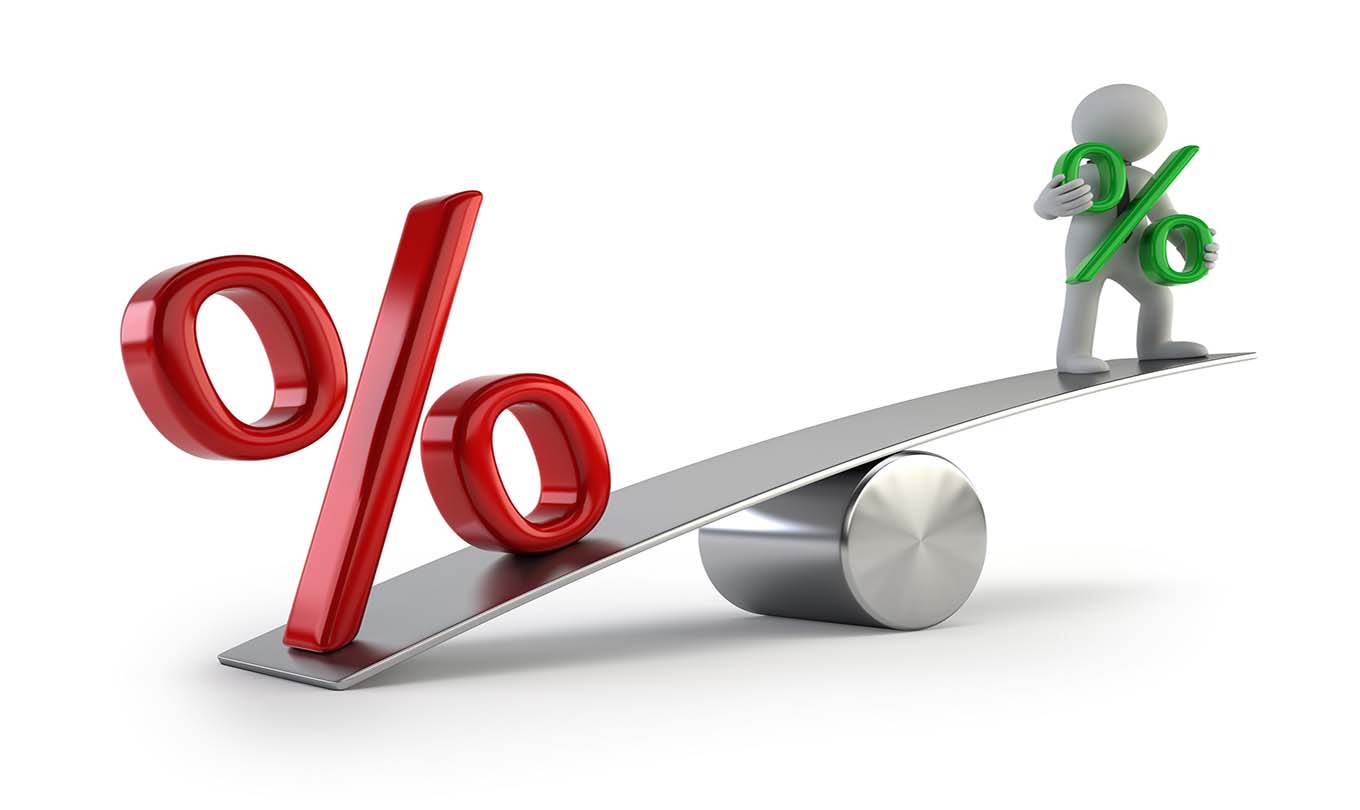
ONE: To evaluate one thing, we compare it to the other
Are you single? There is an unexpected tip to attract a partner in a bar: go with a guy who looks like you, but less attractive. This will greatly increase your chances of success. Why? The human mind tends to seek comparison. In addition, we often do this in the most lazy way possible: by comparing it with the easiest object around. By going to the bar next to a less attractive version of yourself, you are giving prospective audiences a means of easy comparison. Well, because it's hard to compare so many different people, they can easily identify you better than your friend. And since you've won this easy contest, and that person is lazy to make other comparisons, you'll probably be considered the nicest person in the shop. Congratulations! Just do not tell the other person the reason you invited them. The same trend applies to the price comparison of products, and many advertisers have taken advantage of this principle by introducing expensive "decoy products" to make dishes. It looks cheaper when compared. So, some dicky restaurants will deliberately squeeze the most expensive dish on the menu, making customers feel the second most expensive dish relatively cheap and choose it.
Although comparisons can help us make decisions, it can also make us suffer. Continuously comparing your salary, clothes or car with others will make you jealous and always in a state of dissatisfaction with what you have. James Hong, co-founder of hotornot.com, said: "I do not want to live the life of Boxster owners, because when you have a Boxster you I wish I had a better car than the 911, and then you know those 911s? They want me to have a Ferrari. "
 ![predictably-large-1508410086.jpg]
![predictably-large-1508410086.jpg]
TWO: When they get free, their minds go away.
Difficult is what can cause people to behave unreasonably like "free." For example, people will happily bring in free keys from seminars they never use, or two products they do not need just because the third product is free. Free is not only a price, but also a strong emotional emotion, almost irresistible. Take a look at the chocolate bars: people are choosing between the delectable Lindt bar for 15 cents or the Hershey's Kisses bar not as tasty as the one cents. The majority (73%) chose the Lindt bar. But what do you think would happen if the price was adjusted down to 14 cents a Lindt bar with 0 cents (free one) Hershey's Kisses? The price difference in the two cases is similar (14 cents), but one product has the power of "free." The result: 69% now choose Hershey's Kisses, although they can still get the better Lindt bar at attractive prices. That is the power of free. Why is this absurdity? Basically, whenever we have to pay for a commodity, we take risk: if the item is not worth the price, we have a loss. And people really hate to lose. So when an item has no back (it's free), we assume it's worth more than its real value. The phenomenon is called price elimination. The so-called "free" appeal is so strong that companies often use it. For example, Amazon has been successful in promoting people to order "just one more book" by offering free delivery services with orders above a certain threshold. Policy-makers also understand and use the power of free to create change. For example, if the government wants people to check their cholesterol level regularly, they should not only reduce the cost of the visit but should free it altogether.
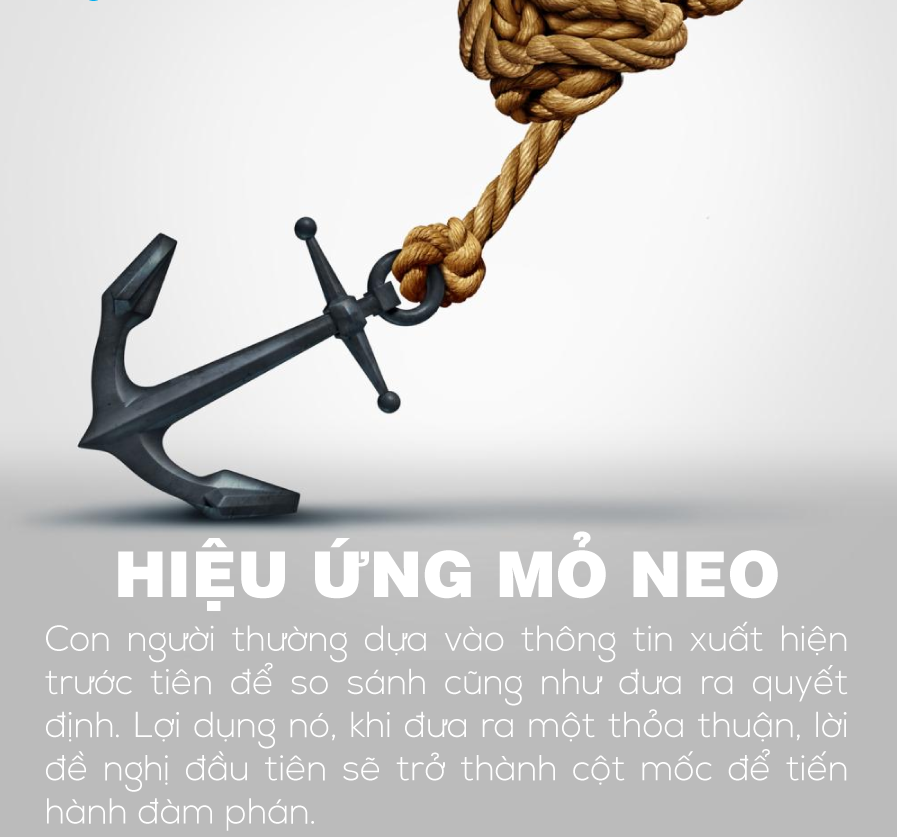
THREE : The first price we hear will affect the price we are willing to pay later
How much can you afford to spend on a good bottle of wine? What about a box of chocolates? Do you have any numbers in your head? Now, if you are asked to write down the last two digits of your social security card number before answering this question, do you think the price you have estimated has changed? Surprisingly, the answer might be yes. The way people decide the price we are willing to pay for products is far more rational than what we imagine. Studies have determined that, rather than providing a rational analysis of supply and demand, in practice we often rely on a phenomenon called random coincidence: we expect the price to be brought Consistency, so we take whatever price is given first, no matter how arbitrary it is, and use it as an anchor to determine the fair price for the purchase. next shop For example, when a new product like LED TVs hit the market,We do not know how much it should be worth, so we're looking for an anchor. If the first price we hear is $ 1200, then we expect the future price to be consistent with that amount. So, you will feel the money when you buy that TV for $ 1000 but will see the mine if you buy for $ 1400. This anchorage effect is even present when people are asked to write the last two digits of their social security card before the auction. If that number is large (eg 89), that person will be able to pay a higher price for a product, with the smaller number being the opposite. It seems that we will happily anchor any price we have just thought of when we come across a new product.
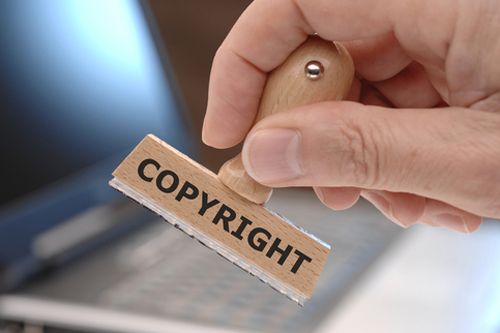
FOUR: They exaggerate the value of what they own.
At Duke University, owning a ticket to the basketball game, speaking gently, is no different than a challenge. Students camped for a few days in front of the stadium just to take part in the lucky draw. Before the draw, they are a relatively homogeneous group. They all have the same chance of winning the ticket and are trying to get it, so we assume that they all equal the ticket price. However, right after the draw was over, the students were divided into two groups - the group had tickets and the group did not. A survey shows that this completely random split has a big impact on the value of the ticket: students with ticket refusals for less than $ 2400, in those who do not have tickets will not buy priced at over $ 170. Why suddenly there is such a big difference? The first is that when we own something, we become interested in them. We think about all the things we do with it or can do better with it (like experiencing the atmosphere at the basketball court), so we price it higher. The second reason is that people focus too much on what they have to sacrifice: for the seller that is the experience they may have with the ticket, but for the buyer is something else they can consume with amount of money. Both feel that they are worth something bigger than they get. In the end, we expect people to evaluate things like ourselves. A home seller feels he deserves to be paid higher because of the "creative" wallpapers he chooses, while the buyer thinks she should be discounted for them. Taste is the phenomenon is also applied to the comments. If you invest a lot of time and effort in protecting an idea, you will become more persistent because you will feel strongly that you "own" that view, and do not want to let it go.
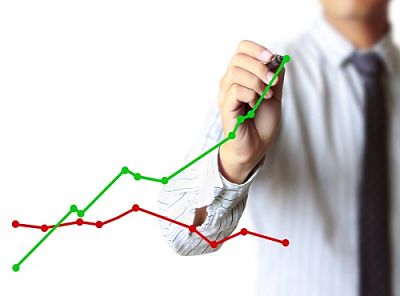
FIVE : Our experiences are shaped by expectations.
At one point, both Pepsi and Coke stated that consumers preferred their cola over their competitors. But how did both of them speak to this truth? Surely one side is lying. Turned out in a blindfold experiment to taste, people like the taste of Pepsi than Coke. But in another experiment, when the brand was exposed, people liked Coke more than Pepsi. Which monster brand - a purely imaginary image - affects the taste of the beverage? The answer is that our previous expectations and experiences - for example with the Cola brand - have a significant influence on how we view things. For example, if you know a movie that gets a good rating, you'll like it and vice versa. Strangely, even the effects of drugs are affected by expectations. This is evident in the placebo effect: patients who expect the drug to work will feel better after taking the drug than those who do not. Surprisingly, the more expensive the drug, the stronger the effect. Those who were told that their painkillers cost $ 2.5 a pill would find it painful better than those who were told that it cost only 10 cents a pill. Similarly, people who pay more for a tonic drink later in the day are better at puzzles than those who pay less. The "tonic effect" is affected by the price of the product. But expectations can influence us more subtly: if some of the patterns are evoked in the mind, we will begin to simulate the behavior we expect from the pattern itself. For example, when people have to complete a fill-in exercise that contains words that are often associated with older people - for example, "Florida," "ancient," and "bingo," they often go slower after the experiment. just like old people do.
SIX: The way people react to your request depends on whether the request belongs to a social or a market category.
Why would your mother feel offended if you wanted to pay her $ 50 for Sunday dinner she had prepared for? And why most employees will not be paid with hugs from the boss? The reason is that we apply different standards in two different situations: social norms and market standards. In any situation, our expectations and behavior depend on which criteria I'm using. Social norms determine how we behave with intimate desires and favors, when you do not immediately pay back. Market standards, on the other hand, are colder and more calculating: resources are exchanged; People do it for wages - exchanged for fairness. In these two standards, people are very likely to inadvertently apply them to the wrong situation. The consequences are often very damaging: Try to end your date by paying $ 500 for your presence. Casual, market-oriented or more selfish. For example, when lawyers are asked whether they would like to provide cheaper services to retired people who do not have much money. Most of them would say no, but if asked if they made it free, most say yes. Why? Should have earned a little more money than not earn any money? The answer is, when you pay your attorney for a small amount of money, the claim will go to market regulation and they will consider it insufficient. But when asked to do the job for free, social norms are applied and the offer seems acceptable. The lesson is that when you ask someone, think carefully about what it belongs to. It's just enough to mention that money is enough for people to adopt the cold market standard, and studies have shown that once it is reminiscent of, it will be difficult to go back to social norms. and not before.
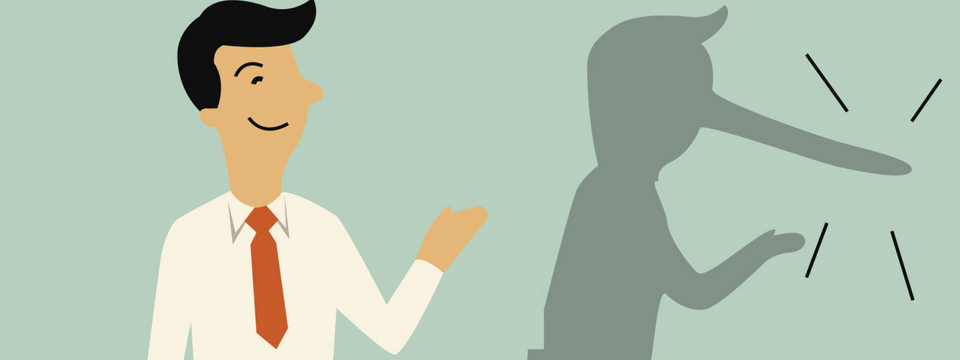
SEVEN: People are easy to lie, but not to the point. Do you consider yourself an honest person? Do you rob the bank?
Did you get a bottle of chocolates from the company fridge if no one knew? Studies have shown that most people will lie a little. For example, when people solve math problems, people find that if there is a grading system, people will cheat a little by slightly exaggerating their results. The good news is, the degree of fraud does not increase as the probability of arrest drops. Even when they can not be arrested, people do not cheat. The trend toward fraud becomes more prominent when the reward is not cash but by things: people will not steal money at work but will get a pen or a cup of coffee. This is because most regard honestly as an important virtue, so they will be comfortable with lies only when they can rationalize it. Studies show that people are more likely to "sting" things than money. They would justify, "Get a non-wrong pencil because office supplies are part of my paycheck." Surprisingly, studies have shown that it is possible to reduce the tendency of cheating by some form of priming, that is, recalling some types of thinking in people's minds before they do something. As can be seen in the example above, most participants often cheat a little in small math problems. But if asked to repeat the 10 precepts before doing the lesson? Immediately no one cheated at all! It seems that the only way to think honestly is to keep people on the path.
EIGHT: Dr. Jekyll is the one who sets up long-term reasoning goals, but we have to fight with Mr. Hyde's irrationality to achieve them.
Have you ever decided to live more economically, eat healthier or watch TV less, and only a few days later noticed that I was going to buy something worthless, stuffed with potato chips into my mouth or All day on Sunday to watch TV? Sometimes life is like the story of Dr. Jekyll and Mr. Hyde. The rational, wise know what we should do, but the instinctive, uncontrollable face usually occupy the right and do the opposite. That is why, for example, it is difficult to admonish young people to practice safe sex. Although rational, they know that condoms should be used, but when it comes to love, they forget about it. Tell mature adults, wise as we are often subdued by Mr. Hyde's irrational desires. I give up my long-term goals in exchange for transient happiness; we delay. Of course, university students are pundits who usually wait until the last night to submit their papers. But an experiment showed that when it was self-limiting, some students admitted their weaknesses. They deliberately set multiple deadlines for submissions, divided equally throughout the course to force them to complete the assignment and not delay to the last minute. The result is? Their scores are much better than those who have only one deadline at the end of the course. This result seems to suggest that by recognizing our weaknesses, we can find a remedy for delay. One way to do so is to place a prior commitment with the deadline and limit yourself, as the student did in the example above. Another method is to associate immediate happiness with the actions you do not want to do but to achieve long-term goals. For example, to give yourself the motivation to take the nasty hepatitis medication (long-term goal), the author has just drunk them and watched the great movie (short-term happiness).
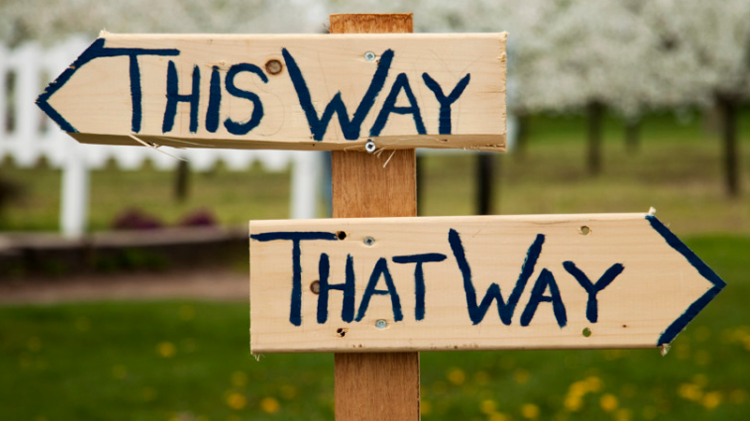
NINE: Everyone is obsessed with having many options, even if it is harmful to them in the long run. In 210 BC, when General Thich Tich was carrying his army across the Yangtze River, he burned his boat. He did so to show the soldiers that there was no way out. Before doing so, they fought so bravely that they won 9 consecutive games. This story became famous because it deliberately stifles choices that go against our natural instincts. People try to open as many options as possible: in learning or in choosing a lover. Some people may say that in an uncertain world, opening as many paths as possible is sensible, but studies have indeed shown that this trend is so strong that it can be counterproductive. For example, consider a study in which participants were awarded real money when playing a computer game. In the game, they can make money by eliminating the options but losing money if they keep the options open. The surprising result is that the unreasonable desire to open choices is irresistible - they happily spend money on it. Making decisions does not have many consequences. A person who is reluctant between two career paths, for example between an architect or a computer engineer, may not be whole to pursue one, so eventually becomes a mediocre person. As the story of Classification shows, sometimes quitting choices is useful, because it forces us to focus. Well, because of self-deception that I can do everything, I need to make tough decisions about what really matters to me. For example, if you really want to spend time with your children, perhaps it's time to give up your other dreaming dreams, like becoming a law firm manager.
TEN: LEARNING: The key message in this book is: People are extremely unreasonable in most everyday decisions. From thinking about the price paid for the TV to fighting for healthy eating, the choices Our choices and behavior are driven by irrationality. But the good news is that we do not have to be a helpless victim: if we are careful and alert, we can avoid irrationality and act in the best interests of our time.
The book is really interesting to look forward to, you will like my post and share it. Books are the source of human knowledge, an area that every human being needs to discover. read this book.
Thank you for always watching and supporting me to have more motivation to write the next article better.
Thanks very much.

